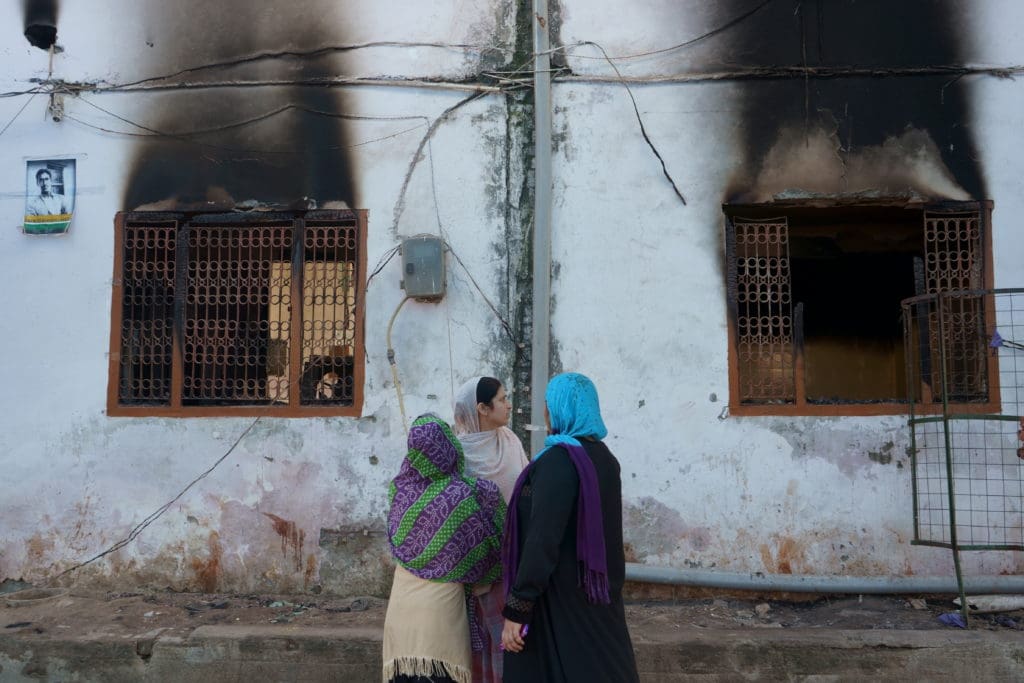Landmark Supreme Court judgments on Hindutva, communal rhetoric, and electoral politics

By Aakar Patel
The Prime Minister has been accused of violating the Representation of the People Act in his speech, which the Opposition has called communal. A complaint has been filed with the Election Commission and the courts to disqualify him. Under the law, an appeal by a candidate to the electorate to vote or refrain from voting on the ground of religion is a corrupt practice.
On this, the Supreme Court has passed two judgments which specifically exempt Hindutva. These came in the case of the Shiv Sena’s Dr Ramesh Yashwant Prabhoo versus Prabhakar Kashinath Kunte, on December 11, 1995, and another involving the man who would later become Maharashtra’s Chief Minister, Manohar Joshi.
The charge of violating the Representation of the People Act in the first case was based on three public speeches by Bal Thackeray in November and December 1987 in canvassing for Prabhoo. The Bombay High Court found Thackeray’s speeches “were all in very intemperate language and incendiary in nature which were appeals to the voters to vote for Dr Prabhoo because of his religion, i.e., he being a Hindu, and the speeches also promoted or tended to promote enmity and hatred between different classes of the citizens of India on the ground of religion”.
Thackeray’s speeches included the words: “We are fighting this election for the protection of Hinduism. Therefore, we do not care for the votes of the Muslims. This country belongs to Hindus and will remain so.” In the Urdu Times, the report appeared with the headline “Shiv Sena ko Musalmanonkevoton ki zaruratnahinhai” (Shiv Sena did not need the votes of Muslims).
This story was originally published in asianage.com. Read the full story here.





